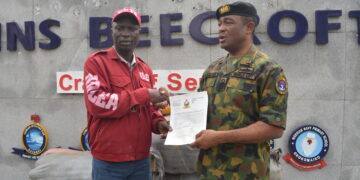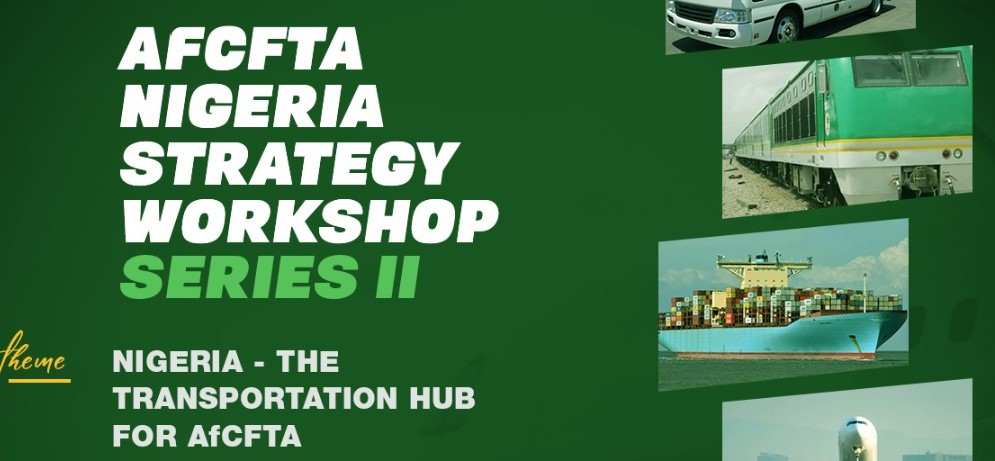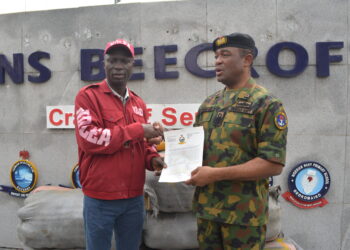The Africa Continental Free Trade Area (AfCFTA) will be holding a Nigeria strategy workshop to sensitize stakeholders on the contributions and importance of transportation to the workability of the agreement.
Themed “Nigeria- The Transportation Hub for Africa” the organisers say the event, which will take place virtually from November 23 to 25, kick starts with series of engagements with the industry.
According to the organisers, engagement with the industry is in recognition of the importance of mobilising the private sector, for Nigeria to harness benefits of the AfCFTA Agreement.
“It has been recognized that for Nigeria to harness the benefits of the AfCFTA Agreement, it must mobilize the private sector to explore African markets; grow their internal capabilities to comply with international rules; and invest in production capacity and productivity upgrades.
“Similarly, federal and state governments will have to streamline, update and enforce policies, regulations and laws to improve ease and cost of doing business and secure access to African markets for our businesses,” a statement by the organisers reads in part.
It stated that in view of the expected strategic and transformative effect of the AfCFTA on Nigerian businesses and economy, President Muhammadu Buhari inaugurated a National Action Committee on AfCFTA on 20th December 2019 to coordinate Nigeria’s implementation of the AfCFTA agreement.
This Committee, the organisers say, has been mandated to coordinate public and private sector actors to undertake a wide range of readiness interventions to prepare Nigerian business to benefit from the AfCFTA Agreement while mitigating its threats.
The statement also disclosed that Sen. Gbemisola Saraki, the Hon Minister of State, Transportation, and Ms. Olufunmilayo Folorunso, Secretary General African Shipowners Association were appointed the AfCFTA Champions for Transportation Sector.
For the Transportation Sector, the AfCFTA Mission is to transform Nigeria into the Transportation Hub for Africa Trade.
By providing preferential access to made-in-Nigeria goods in African markets, the AfCFTA is expected to boost Nigeria’s non-oil exports, create jobs and attract investments and ultimately enable Nigerian business to develop capacity and competitiveness to export our products and services to the world.
For the records, Nigeria signed and recently ratified the Agreement establishing the African Continental Free Trade Area (AfCFTA).
This agreement seeks to create a single market for made-in Africa goods and services to boost intra-Africa trade and deepen economic integration of African countries.
Registration is at www.ngrafcfta.gov.ng/events.


































































